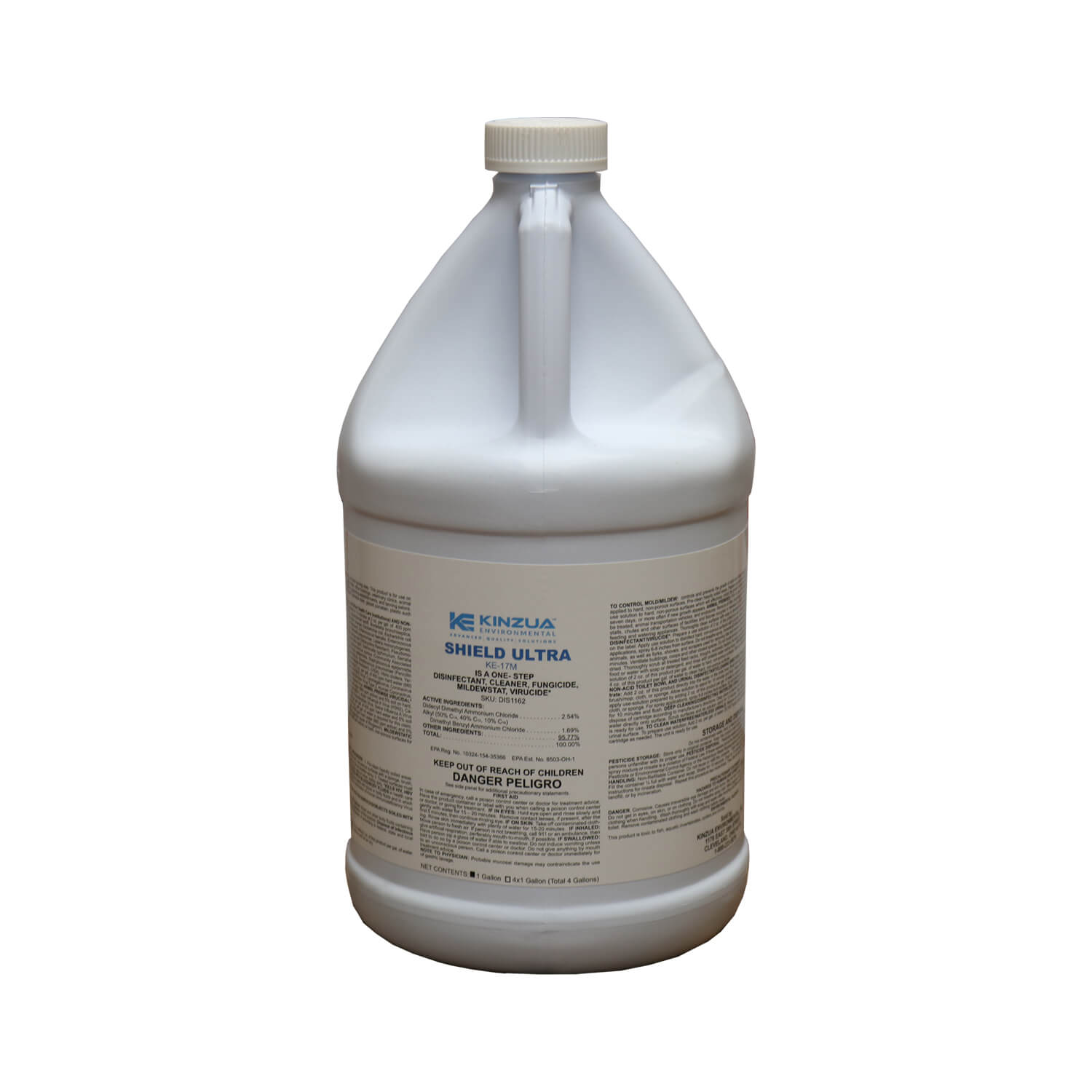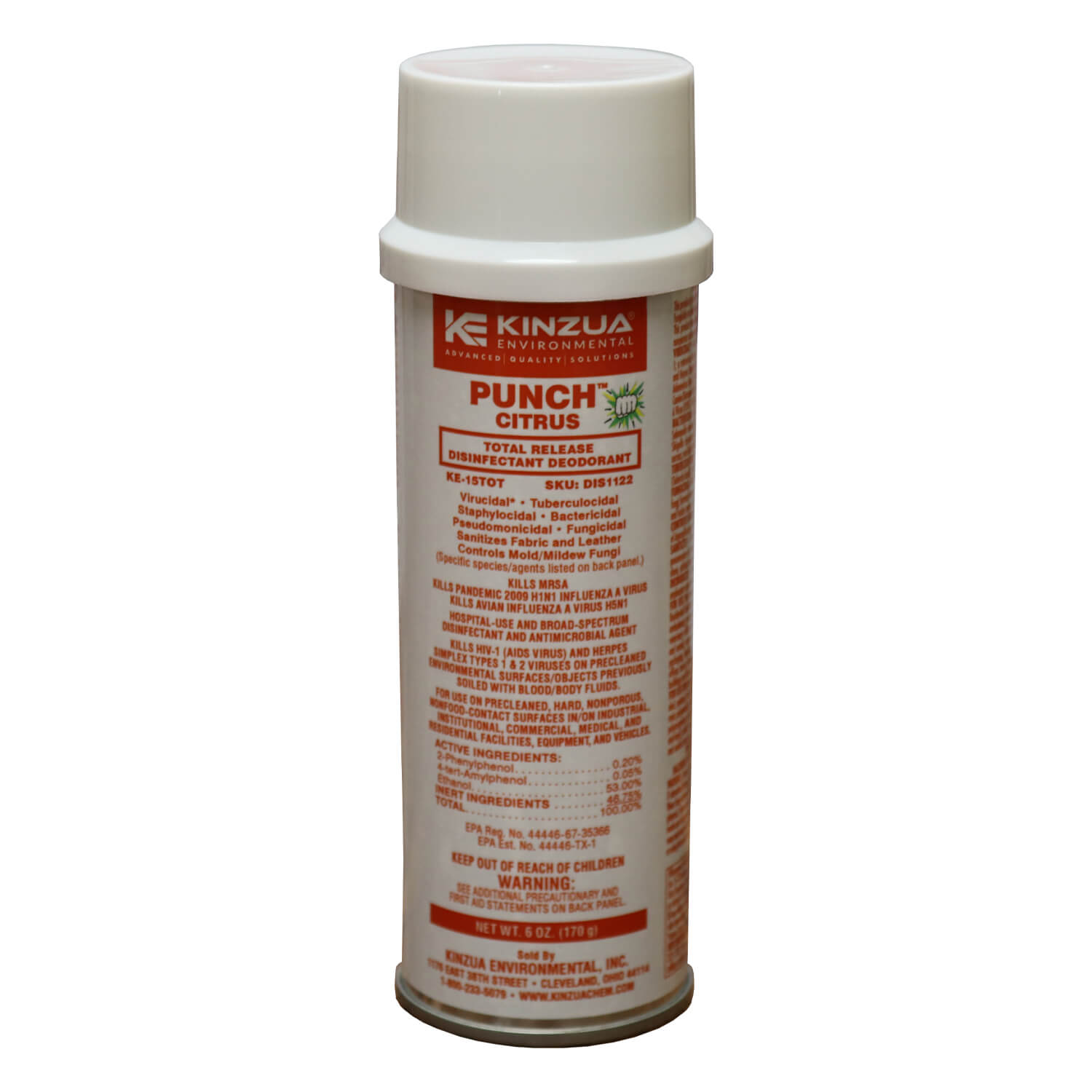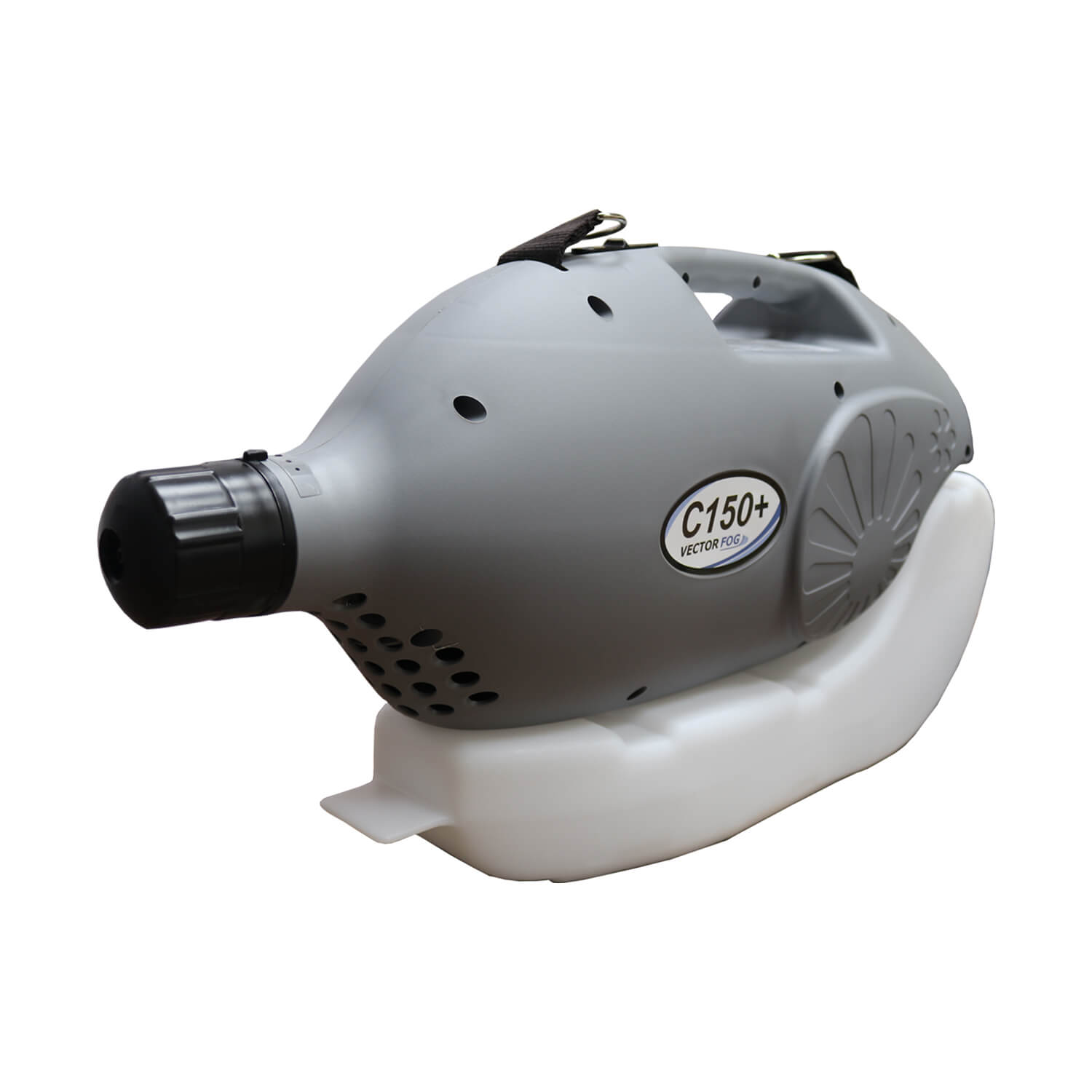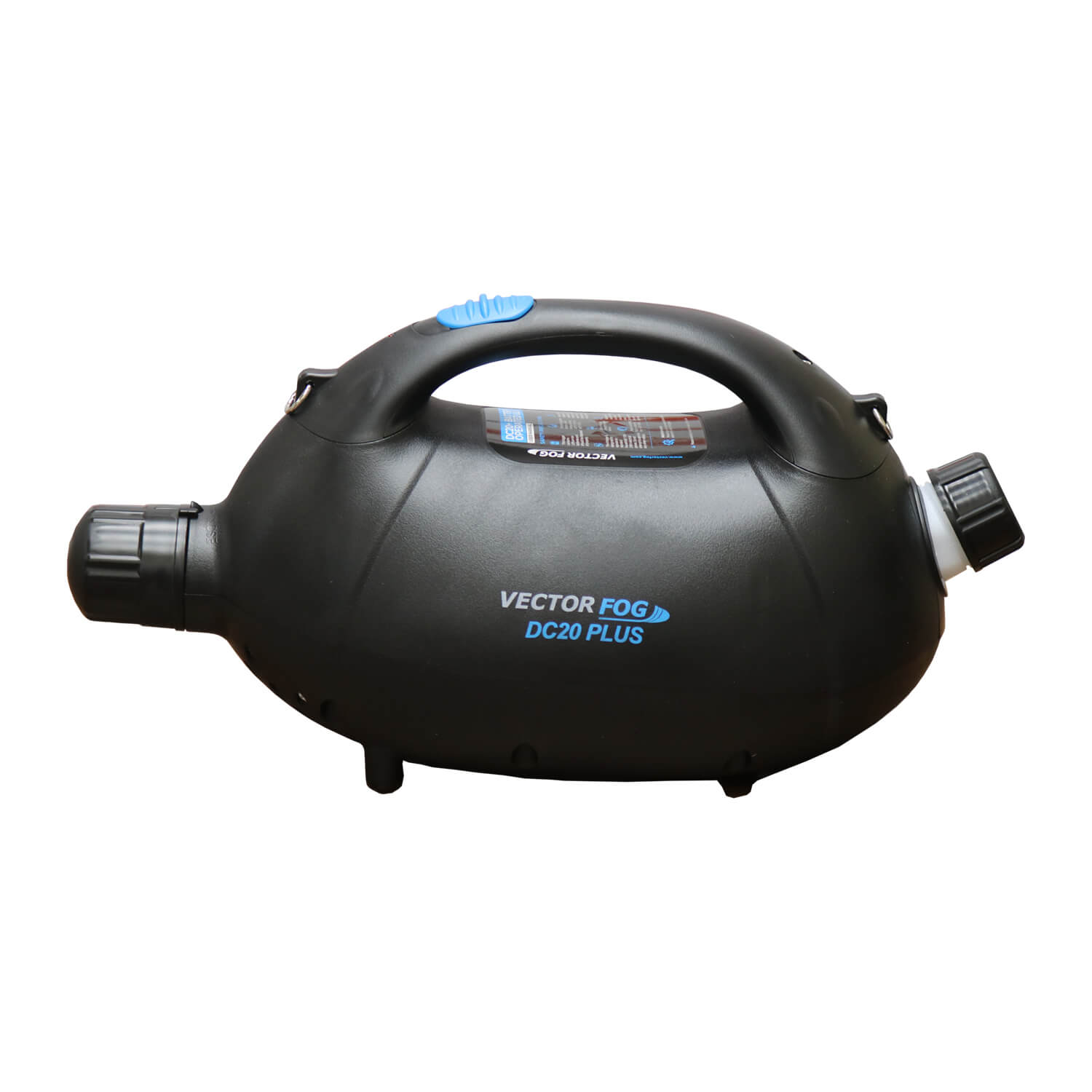Electrostatic spray equipment
What is Electrostatic Spraying?
Electrostatic spray technology creates droplets of mist 900 times smaller than the droplets produced by conventional sprayer devices. The tip of electrostatic sprayers is exactly that– electrostatic! This gives the ultra-fine mist an electrical charge that results in an attraction force between the spray droplets and the target surface, which usually has a neutral or a negative charge.
This magnetic attraction helps the sprayer particles bind to surfaces achieving better coating coverage and thus more effective disinfection. An electrostatic sprayer is just as easy, if not easier, to use as a traditional sprayer but spreads disinfectants much more effectively.
Where to Use Electrostatic Spraying
For a long time, electrostatic sprayers were primarily seen as industrial equipment to be used for only heavy-duty cleaning jobs by professionals. In the wake of the COVID-19 pandemic, however, sprayers are being used in more settings than ever before, now being found in common public areas like grocery stores, classrooms, mass transit vehicles, and hospitals. Spraying is so easy that any unskilled worker can do the job correctly, and general disinfectants are safe enough for general use in a wide range of applications.
Sprayers can be used to disinfect hard seating areas, tables, and countertops. They’re great for cafeterias, classrooms, and other school spaces where dozens or even hundreds of pairs of hands may be touching every day. Retailers are regularly using spray products on shopping carts and baskets. If there are lots of people touching it, it should be disinfected, and nothing does the job better over a large area than a sprayer.
Spraying Solutions
Scorpion Coatings offers infection control solutions for all sorts of applications and we’ve got different product lines to meet your unique needs. Our original Punch Citrus formulation is rated for areas up to 6,000 cubic feet and is effective for disinfection against MRSA, Influenza A, TB, HIV-1, and other common viruses and bacteria. It’s perfect for use in sanitary areas that require disinfection like classrooms, gyms, and public vehicles.
Our new Shield Ultra formulation is a comprehensive virucide that now meets the EPA’s criteria as an approved disinfectant for use against the novel coronavirus. It’s government-approved for hospital use as a surface cleaner and disinfectant that kills molds, mildews, and bacteria.


SHIELD ULTRA
Scorpion’s Shield Ultra is a comprehensive Biocide/Virucide (rated against the Coronavirus).
The Quaternary Disinfectant in Shield-Ultra is on the EPA’s ‘List N’ and therefore Shield-Ultra meets “EPA’s criteria for use against SARS-CoV-2, the virus that causes COVID-19”.


PUNCH CITRUS
Punch-Citrus is an EPA-registered disinfectant for areas up to 6,000 cubic feet. Kills MRSA, Influenza A, TB, HIV-1 (AIDS Virus), and many common viruses.
A true Hospital-Grade Broad Spectrum Disinfectant that Kills viruses, bacteria and more.
Antimicrobial coatings
In a day and age where sanitation and sterilization are more important than ever before, you need every defense against harmful bacteria in your environment that you can get. Modern innovations in sterilization technologies have brought us micro-resistant coatings with chemical properties that make it naturally more difficult for bacteria to grow and thrive.
Scorpion Coatings knows a thing or two about antimicrobial coatings and surfaces– do you? Here’s our ultimate guide to antimicrobial coatings and how they can help protect you, your business, and your customers from the latest and not-so-greatest biothreats invading our society today.
What Are Antimicrobial Coatings?
An antimicrobial coating uses specific agents to prevent the growth and development of harmful bacteria through a chemical process called cellular membrane perturbation. In other words, antimicrobial coatings are a layer of a chemical coating that you put on top of a surface to stop the spread of germs.
Antimicrobial coatings can be applied to all kinds of surface materials regardless of their existing coatings. An antimicrobial coating can be applied over ink, paint, latex, polyurethane, PVC, powder coatings, or lacquers. Since all of these types of surface applications can hold bacteria and foster fungal growth, the protection of an antimicrobial coating can control this microbial growth and keep the surface safe.
How Do Antimicrobial Surfaces Work?
These coatings interact with bacteria cells by interrupting their ability to reproduce and live sustainably on a given surface. As a result, soiled surfaces retain fewer germs resulting in the lessened transmission of disease. Additives in antimicrobial surface coatings provide long-lasting resistance to microbes thanks to antimicrobial technology discovered through hospital research intended to prevent the spread of pathogens in healthcare facilities.
Antimicrobial surfaces have long active lifespans with additives that can last for months or even years to reduce the spread of germs. Antimicrobial technology makes it possible to kill germs on surfaces, door handles, and other high-touch items without the need for rigorous disinfection between each touch.
What Cleaning Agents are Found in Antimicrobial Coatings?
There are all kinds of materials and additives found in antimicrobial coatings that control the spread and growth of microbial pathogens. More specifically, there are specific metals that have chemical makeups that make it harder for pathogens to live long enough to multiply quickly. These cleaning materials don’t necessarily kill germs the same way a disinfectant spray does– they instead control the spread of disease by preventing germs from growing and reproducing.
As a result, the products you’ll find in most antimicrobial surfaces are a bit different than the household cleaning products you’d expect. Here’s a look at some of the additives you’ll find in antimicrobial coatings.
COPPER
Dendrimers
Polymer Brushes
Nanoparticles of Silver
Graphene
Benefits of Antimicrobial Coating
Protection from Infections
Less Cleaning
Improved Costs
Drawbacks of Antimicrobial Coatings
There are very few drawbacks to antimicrobial coatings, but most notably, they can be rather expensive. As a result of the metals and uncommon chemical agents found in coating agents, the cost of a coating product can be considerably higher than traditional household cleaning products.
Additionally, while some antimicrobial coating products can last for years, a cheaper product may degrade over time and may not offer the same protection from microbes as a robust product like Scorpion BioSting. Make sure you get the best product available on the market to enjoy the significant benefits that antimicrobial coatings can offer.


